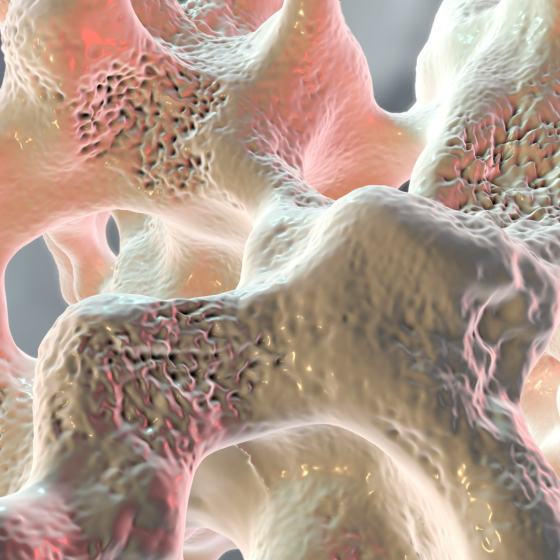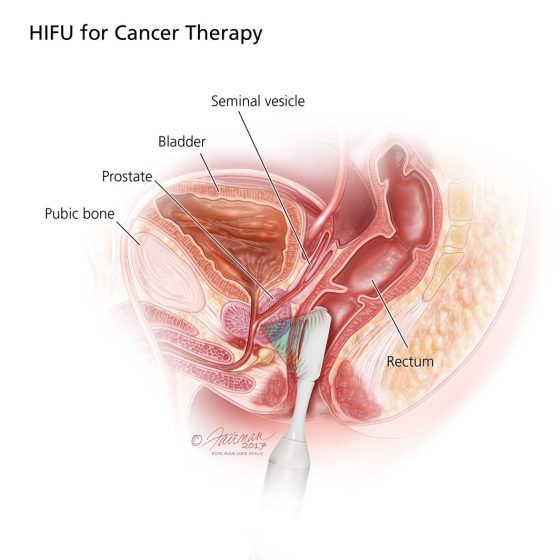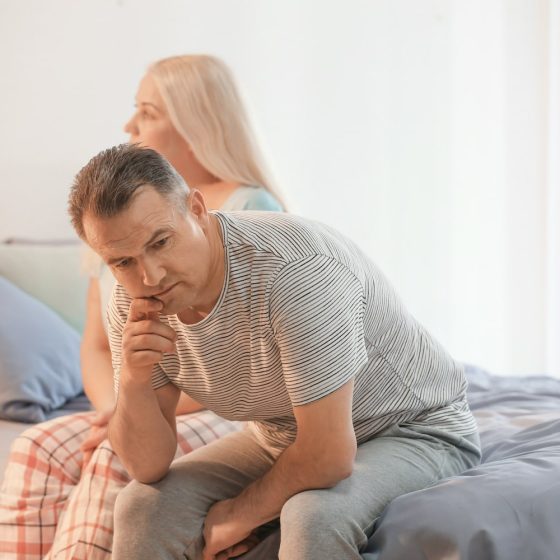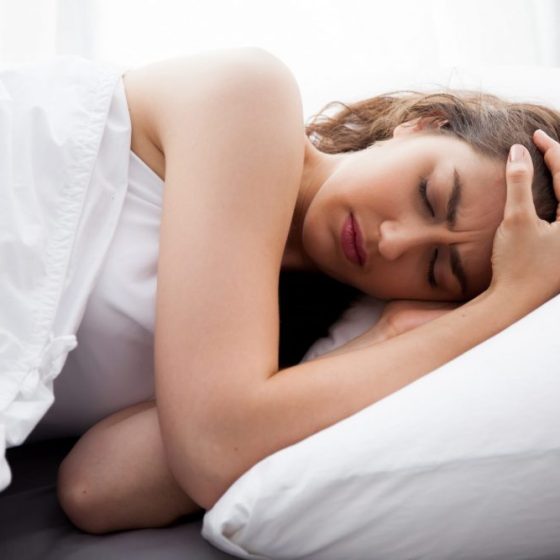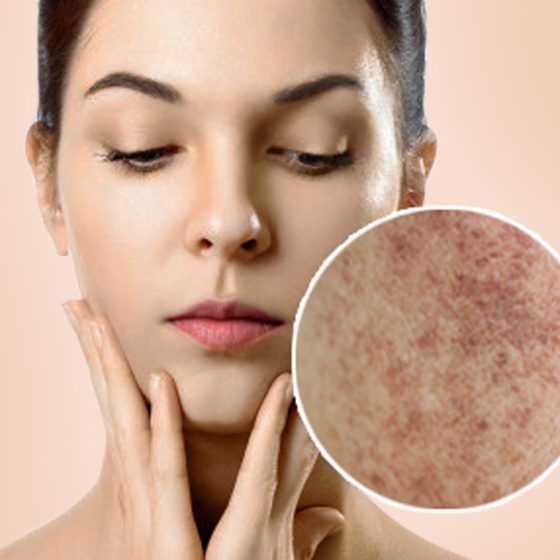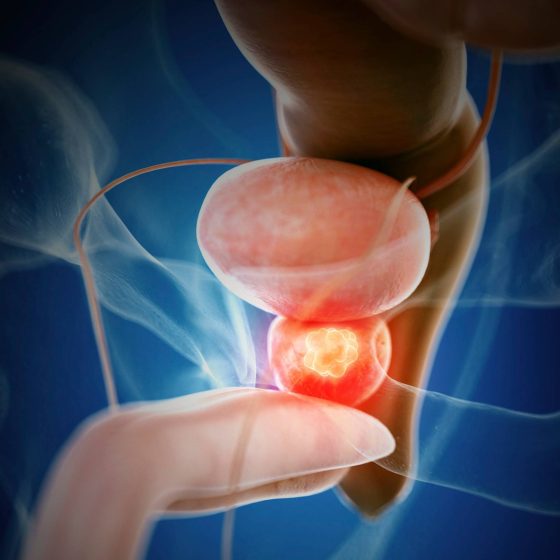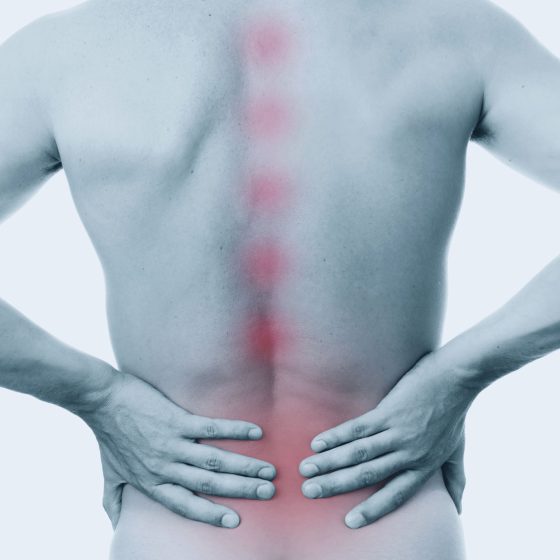Urinary problems in women
Some cancer treatments lower sex hormone levels in the body. The main female sex hormones are oestrogen and progesterone. Low levels of these sex hormones can sometimes cause urinary problems in women, including infections and incontinence. The importance of oestrogen An important function of oestrogen is to help to keep the wall of the urethra elastic and the pelvic floor muscles healthy. The urethra is the tube that takes urine from the bladder to the outside of the body. The pelvic floor muscles surround the lower part of the bladder and urethra. When the amount of oestrogen in the body


